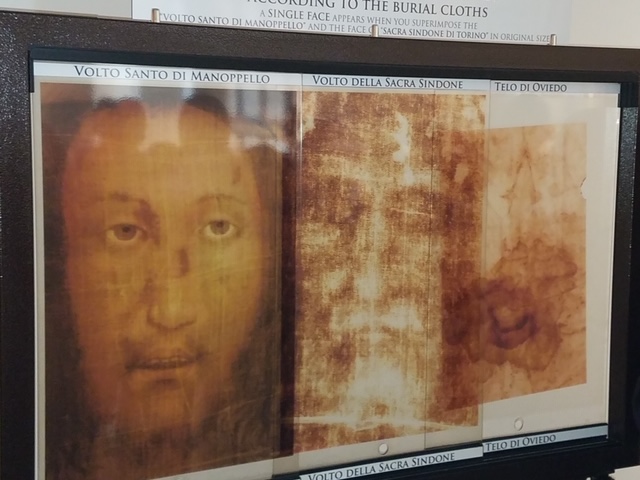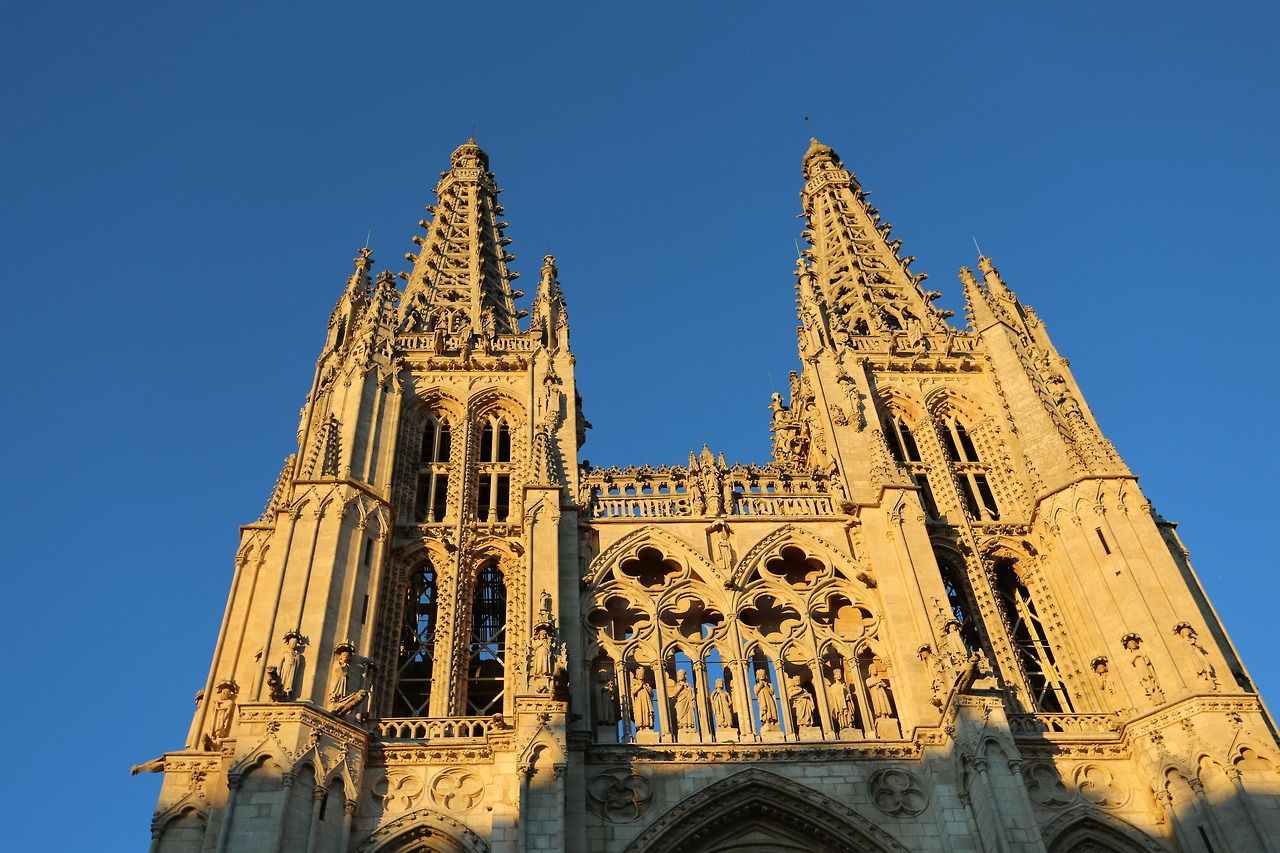Born to be rich! This is not the traditional silver spoon babies receive at birth or the hopes received in prosperity Mega Churches of today. This is the riches from heaven. In birth God has already deposited in his servants an investment of wealth waiting to see the return on his investment. God’s investment of his riches is not an economic, social or political investment, it is a personal investment of himself in a treasure of gifts, talents, graces, and virtues.
Our treasure chest may include among others the gift of voice to sing praises to the lord or proclaim his word, the talent to build up the kingdom of God in our homes and community, the grace to comfort the sick and attend to the suffering, and the virtue of humility to honor God in our service and mission in life. We all receive our unique set of treasures in who God created us to be. All born to be rich by our active participation in salvation. God multiplies the wealth we receive in the faithful servant.
In today’s gospel the servants receive different amounts of talents. Here a talent being a set large sum of money per talent. The parable is a reminder that the time is coming when the “Master” will come and we will account for his investment in our lives. Those who are ready to give a good account with be rewarded and hear “Come, share your master’s joy.” Those who are foolish as the virgins of last week, or as the servant who “dug a hole in the ground and buried his master’s money” will hear “throw this useless servant into the darkness outside, where there will be wailing and grinding of teeth.” Is “Papa” God being mean to his people? No “Papa” God is giving us a reminder of a reality in time, God’s time is coming when there is no more redo or “next time”, when we already made our choice and by consequence enter eternity by the choice we made.
There is a general theory that 20% of the people do 80% of the work in any group effort. Apply that to the church and it would indicate that 20% of Catholics are active participants in their faith. It is a sad indicator and warning we receive today of individual responsibility. Last week we understood from the “foolish virgins” that the wise cannot share their oil if we consider the oil as each person’s share in salvation. Each must bring their own works of salvation. Today it is reinforced with the talents understood as money that was put to work to earn more and not wasted that brings the reward or punishment. Jesus also gives the example of how in the end time two will be in bed and only one will be taken up because in the end it is all about our individual responsibility and accountability.
In the first reading we hear of the “unfailing prize” of a “worthy wife”. In today’s phobic politically correct world it might be called sexist to speak of a woman as a prize, implying some type of “trophy” wife who has all the sex appeal but it makes clear that “charm is deceptive and beauty fleeting”. Remember the expression “you won the prize” referring to having a good husband or wife? Did you win the prize? I know I did. The prize of a faithful spouse, great kids, even a blessed mother-in-law. Now you are going to go home either there will be joy and “loving hands” or grinding of teeth and choke holds.
The prize comes from being the person God created us to be with our gifts, talents, graces and virtues in fellowship with others. In this reading the woman works hard at her trade with “distaff” and “spindle”. The distaff was the stick that held the fibers to then be spun on the spindle making the thread or yarn that she “works with loving hands”. She then “lets her works praise her at the city gates”. We look to this proverb and recognize women in the workplace is as old as history. I think for the most part women still carry the stick in the home to spin the family into order.
I remember my mother-in-law when she lived, she loved to sew and of course go to Walmart to buy material. One of her hobbies to help herself financially was making throw pillows, all sizes and styles. She had her customers, family, friends and friends of family as she used the best marketing tool, word of mouth to sell her pillows. In this case she let “her works praise her at the city gates” of her front door. She was “the woman who fears the Lord” making sure her children went to church even if they had to walk to get there as a family. Faithful parenting raises a faith filled child to be a “worthy wife” or a worthy husband, “whose value is far beyond pearls.” Born to be rich doesn’t just happen it takes the active participation of a loving family to develop our God given talents.
We are not only to be faithful in small matters we are to be faithful in all matters. The Lord reminds us we are to be perfect as our heavenly Father is perfect. All things matter! As children the world is simply black or white, right or wrong, yes or no. As we grow, we develop a sense that the world is more complicated and there is some gray, right when but not if, yes if but no when. Jesus is tested often by the Pharisees and Sadducees and his answers are simple, clear and unconditional. In other words, there is a clear divide and we have a choice to make. Lie or be honest, do our best or try to get by, persevere or give up, stay awake or slumber, be ready or be left behind.
I like to say that my three favorite topics are religion, economics, and politics. It is what the world considers generally taboo if you want to keep your friends. Then the Lord did say he came to bring division which happens when we stand up for all things that matter. We can stand to protect the unborn or stand idle, we can defend religious freedom or defend the separation of church and state in the public square, we can be a voice for the poor and marginalized or remain silent to oppression, we can support the environment or pass on to our children the dangers to come.
In 1776 a nation was born to be rich in freedom and justice for all. In biblical history the people of Israel asked for a king to be appointed, they sought someone to rule over them. God had set them free but God answered their request and a ruler was appointed. The people went on to become people in slavery. We often hear “Freedom is not free!” Freedom is a work of mercy we are all called to live as a nation under God. Separate God from the nation and freedom is lost. Government is no substitute for God.
The nation is divided and unity cannot exist in a cancel culture that seeks to suppress the voice of freedom. The gift of freedom does not come from economics by having enough money, or politics by being in the majority, or even religion by following all the Judaic laws for we can become legalistic and forget the deeper purpose of faith. The gift of freedom comes from God in our souls born with the riches to be free. We may squander our riches and create our own chains. We can also master the gift of our riches in our works, the works of salvation and inherit the kingdom of God. Faith is not a thought or a feeling. Faith is a connection with God.
In the parable of the talents we recognize God’s work is entrusted to us individually and collectively as the work of the church. Life in the church happens in its works of salvation for the people. Each Thanksgiving the church community comes together to offer the Feast of Sharing for the local community with a hot plate of food. It is a tradition that survives because God wills to move his people to act not only in support of feeding the hungry but to say God loves you. The faces change the mission remains. We need to be reminded of God’s love in the language that speaks to our hearts. The language of love is found in all the works of mercy. Born to be rich in mercy. Be merciful, contribute!
We are the treasure chest, what lies inside is the deposit of God’s treasure. Invest wisely!
Tags







Recent Comments